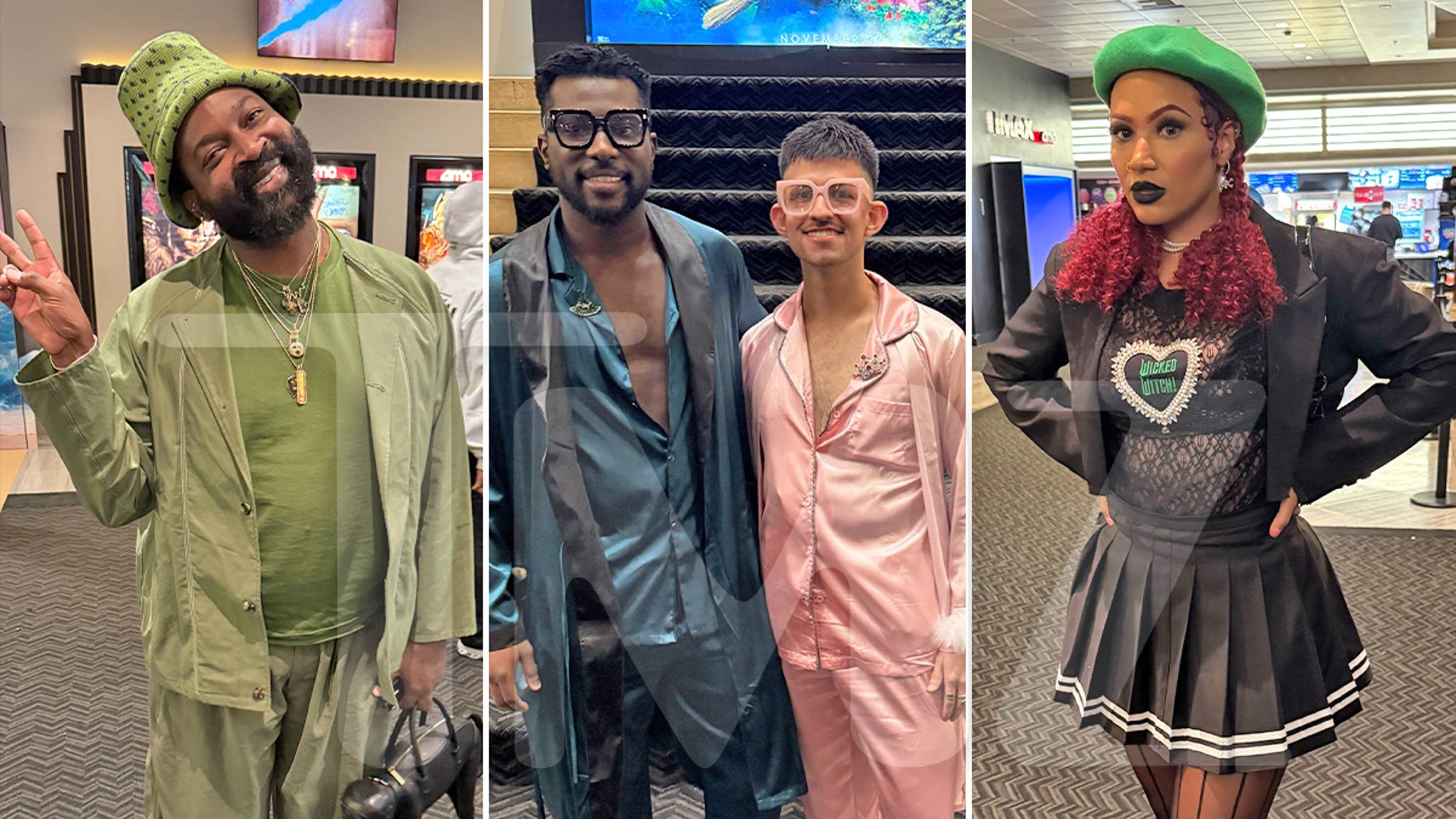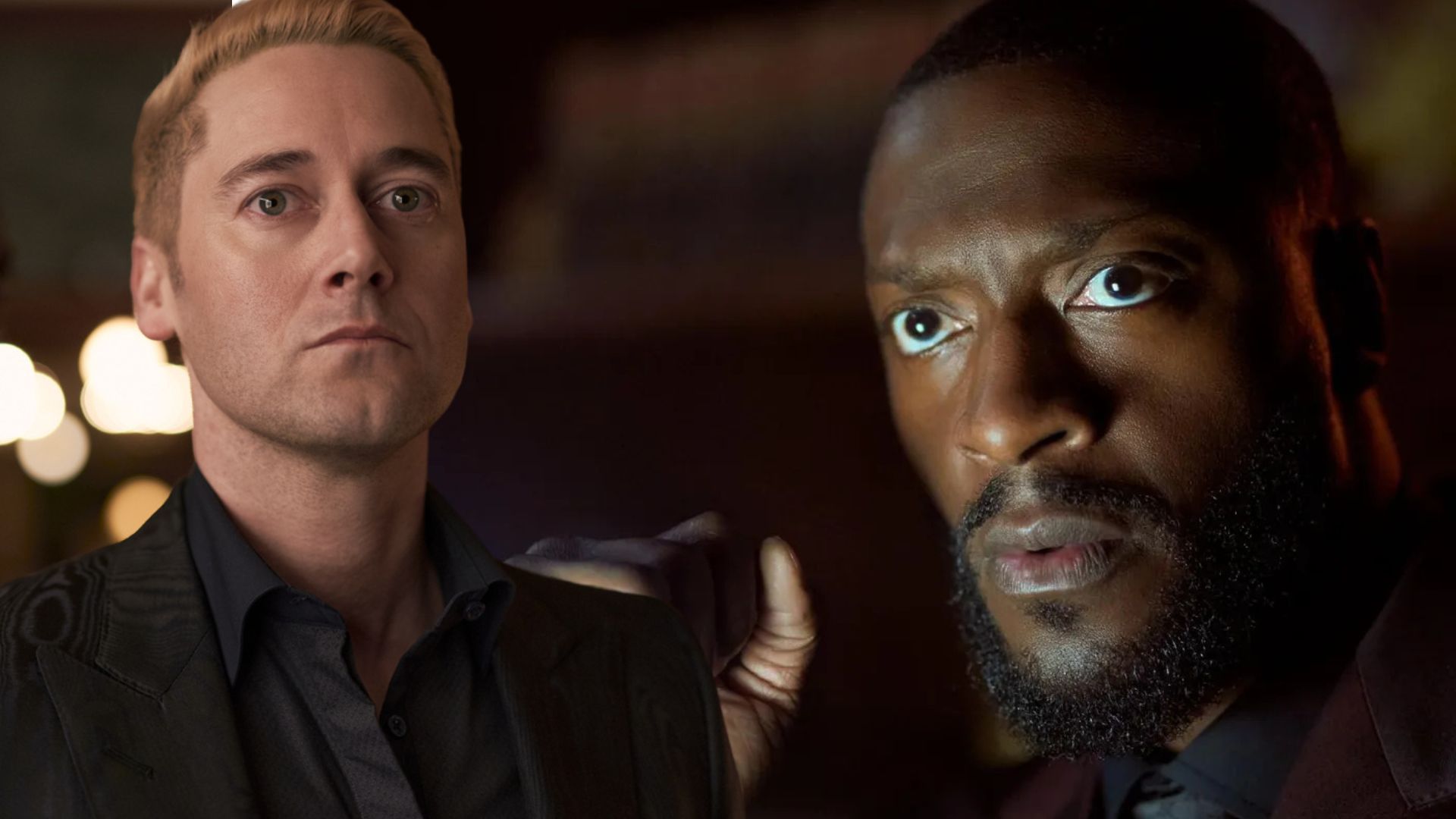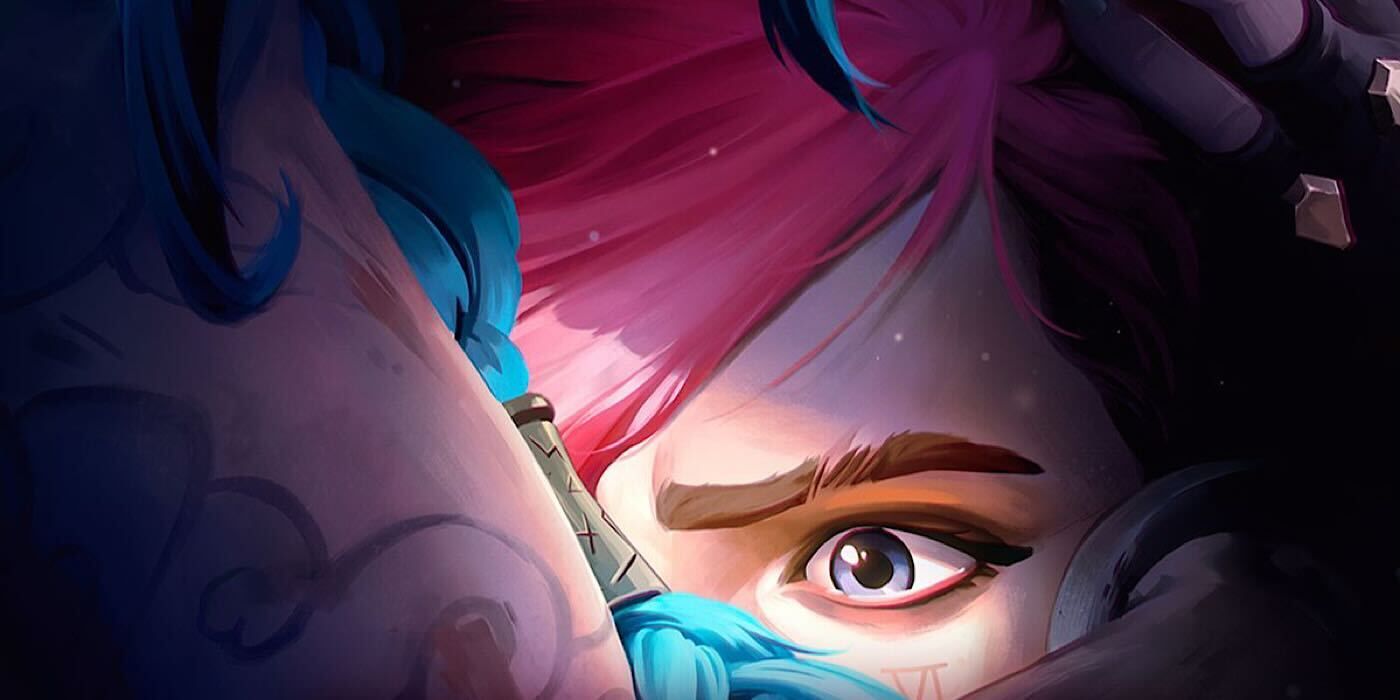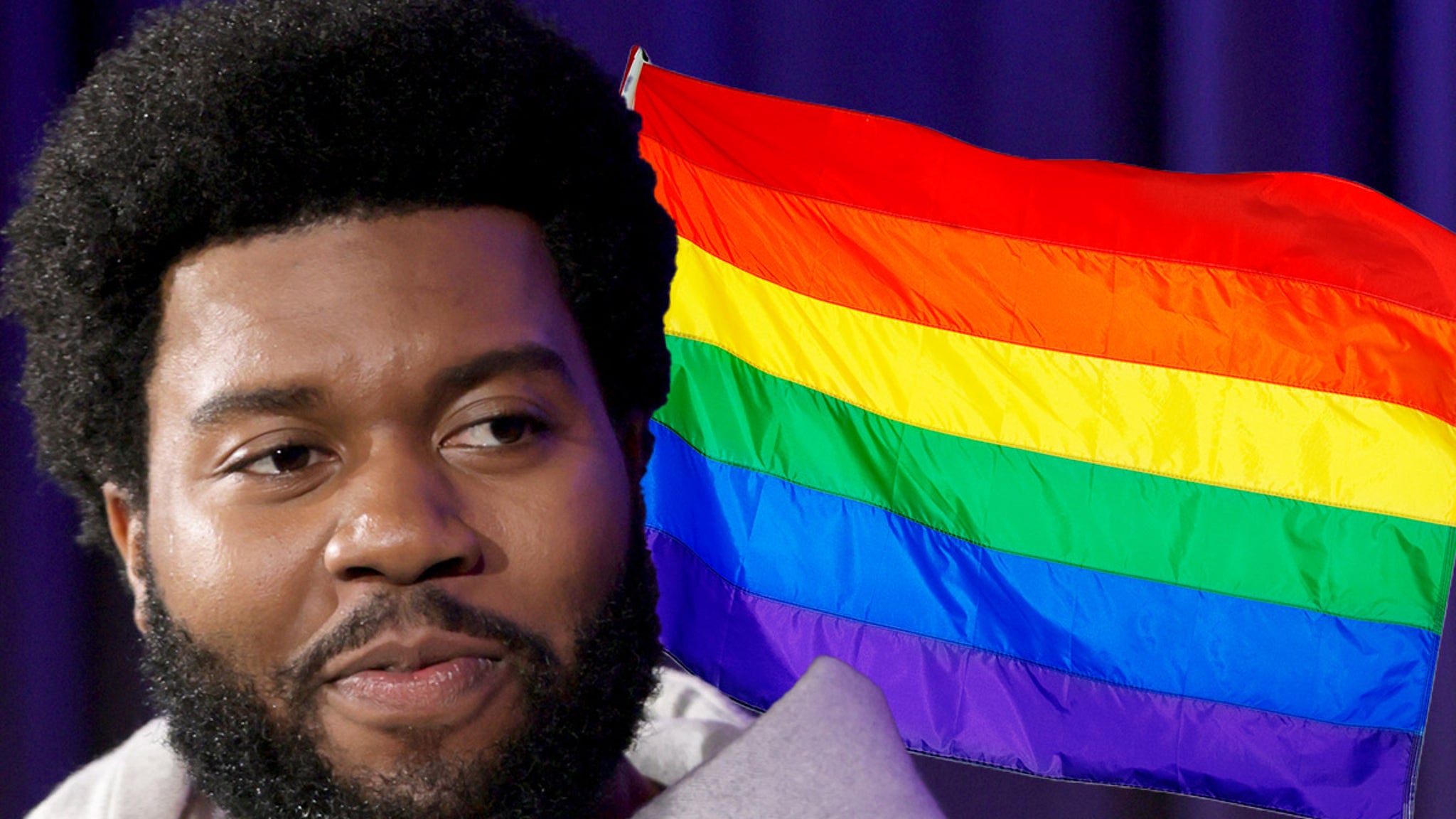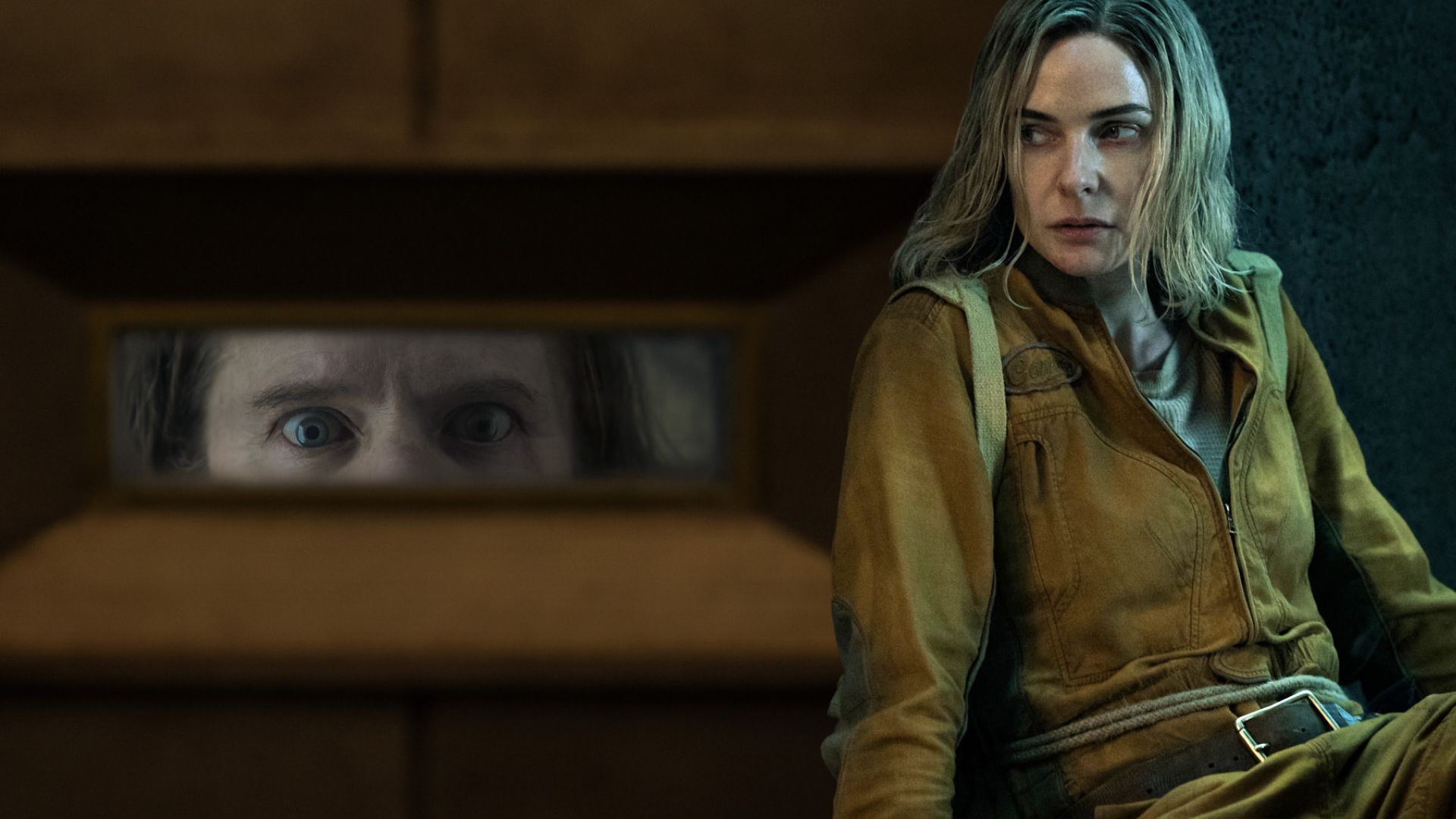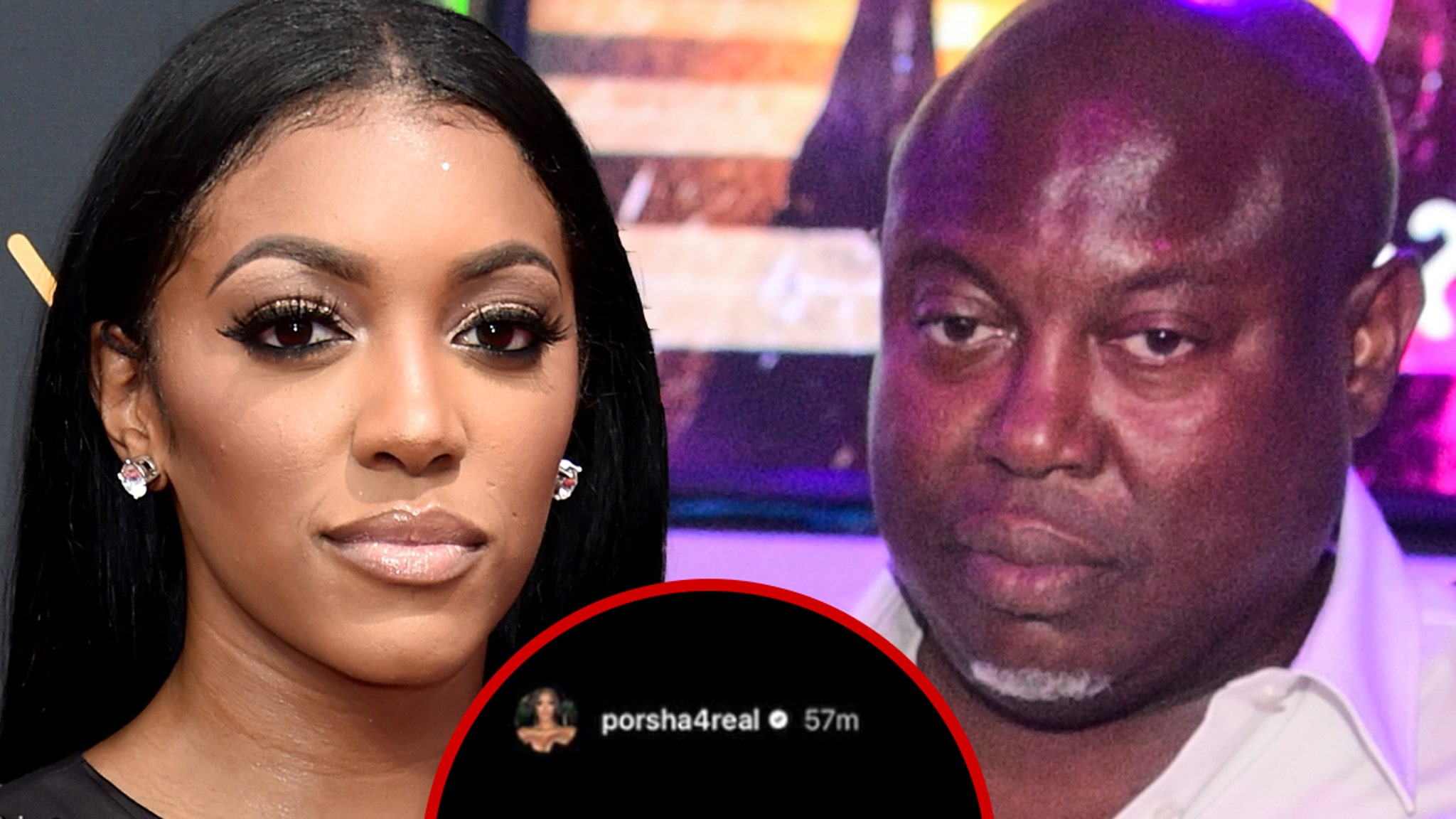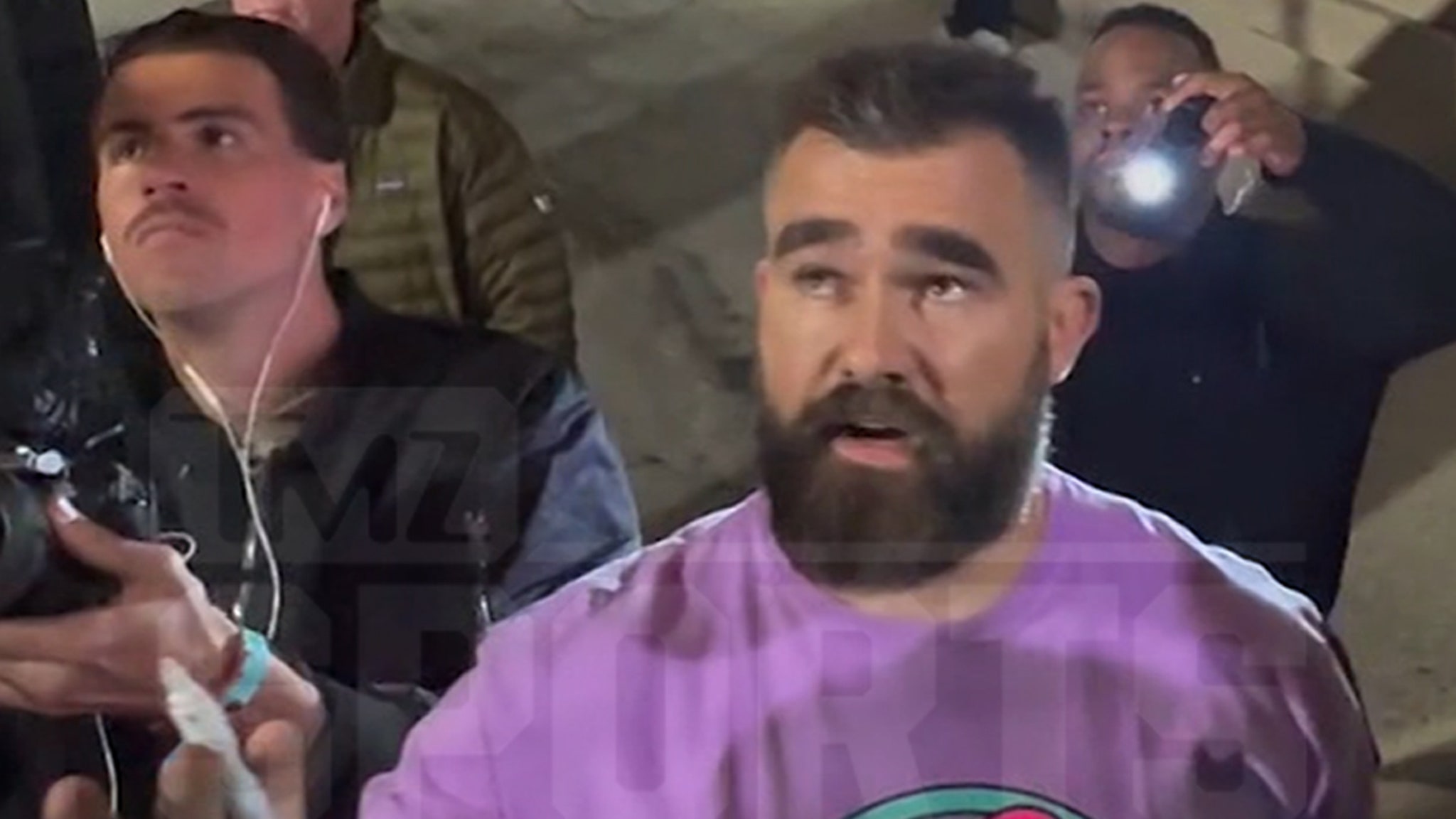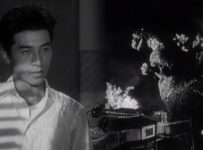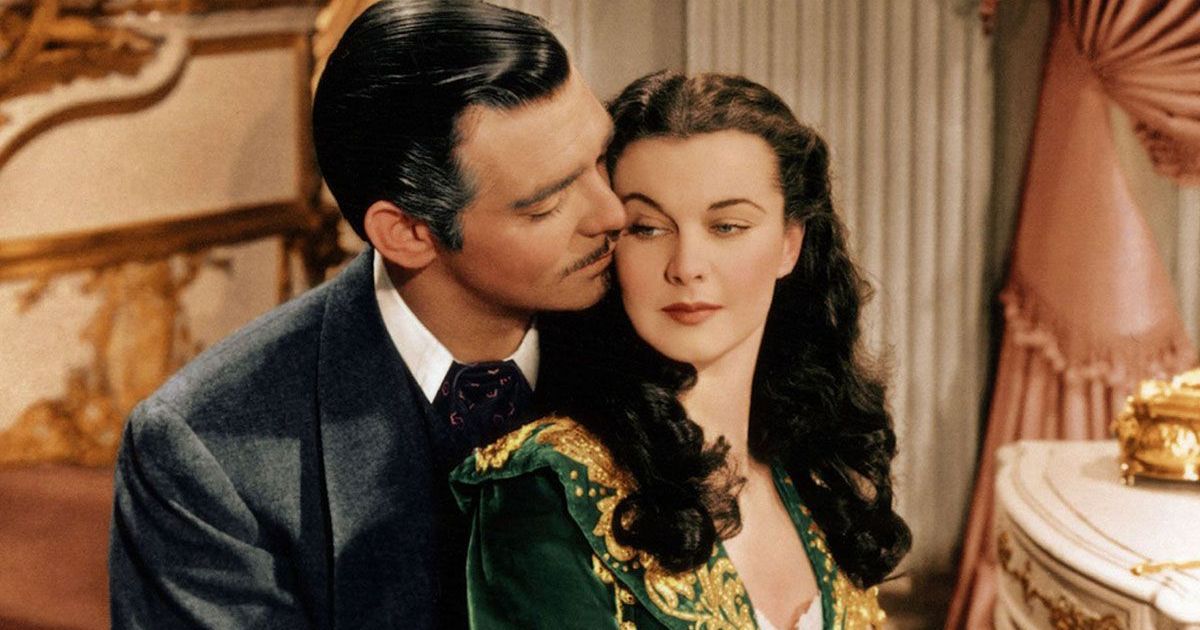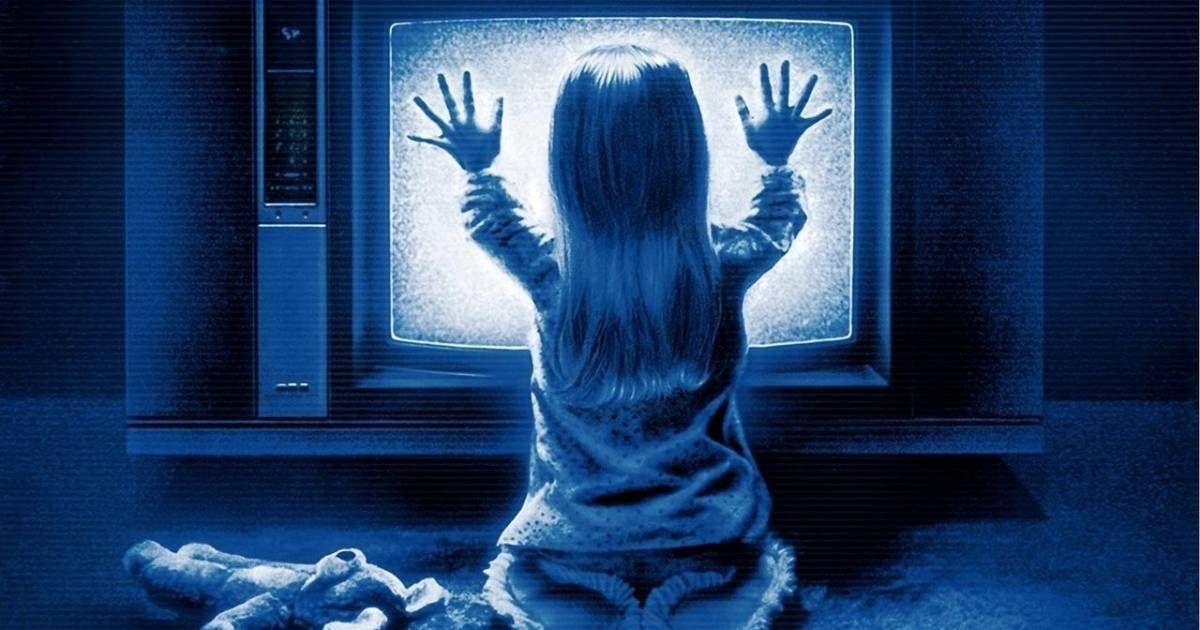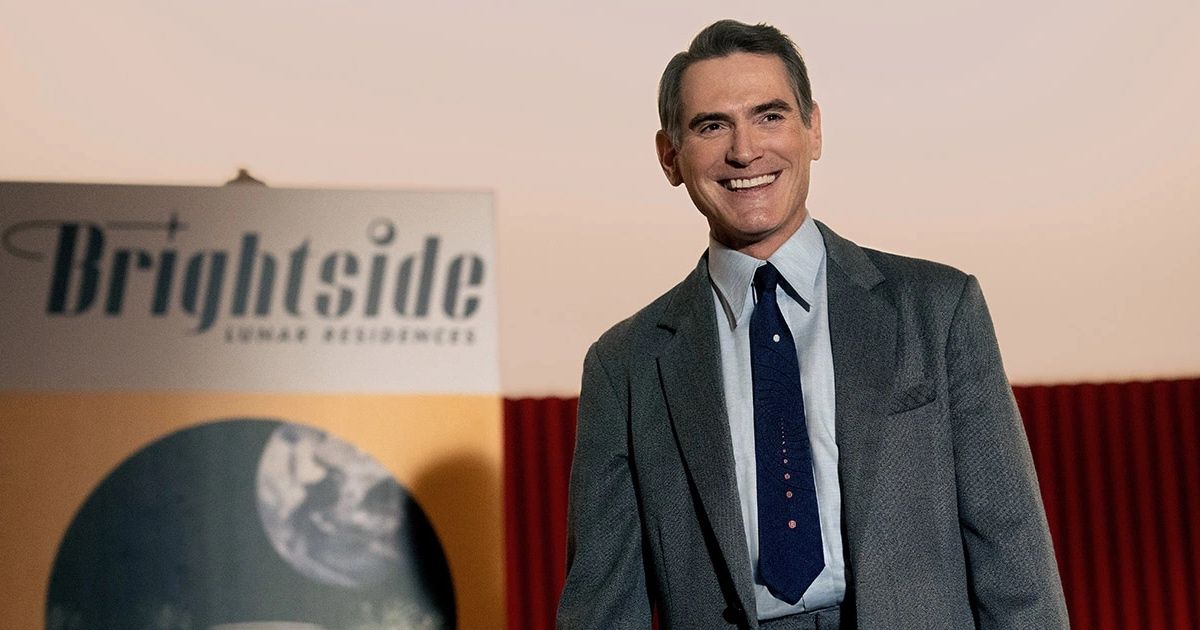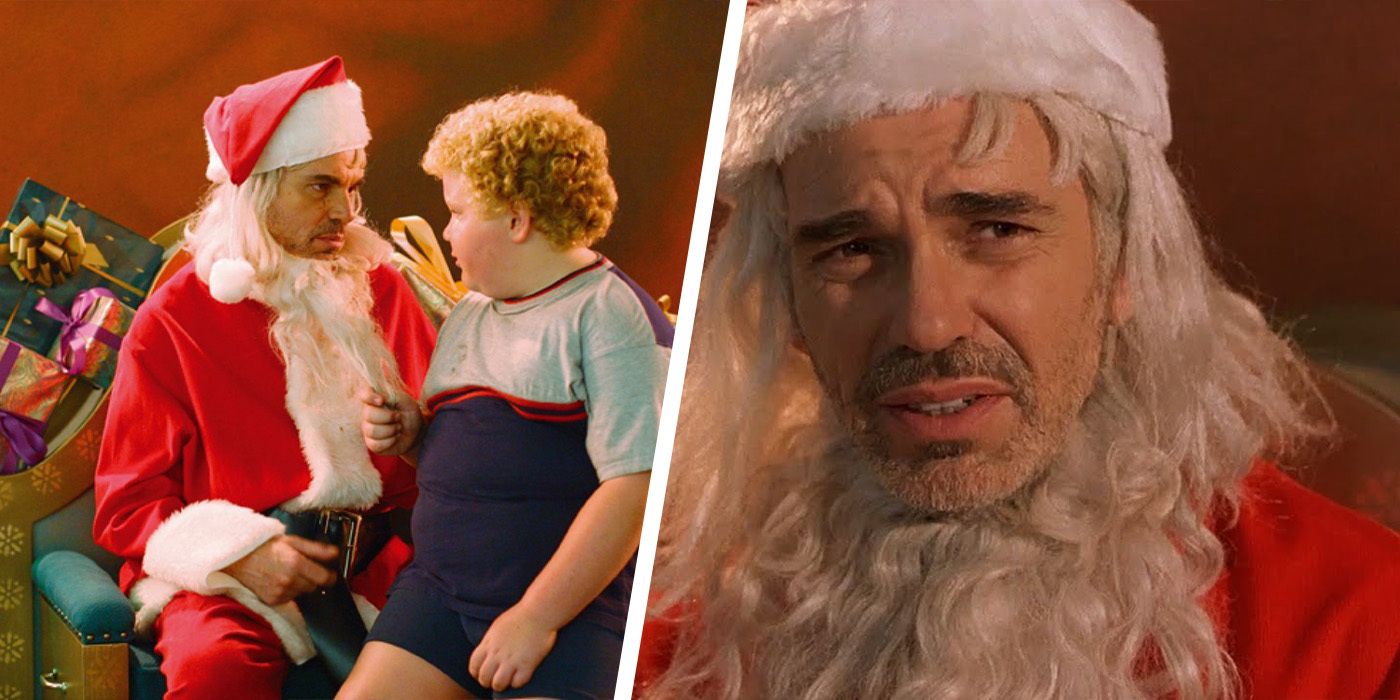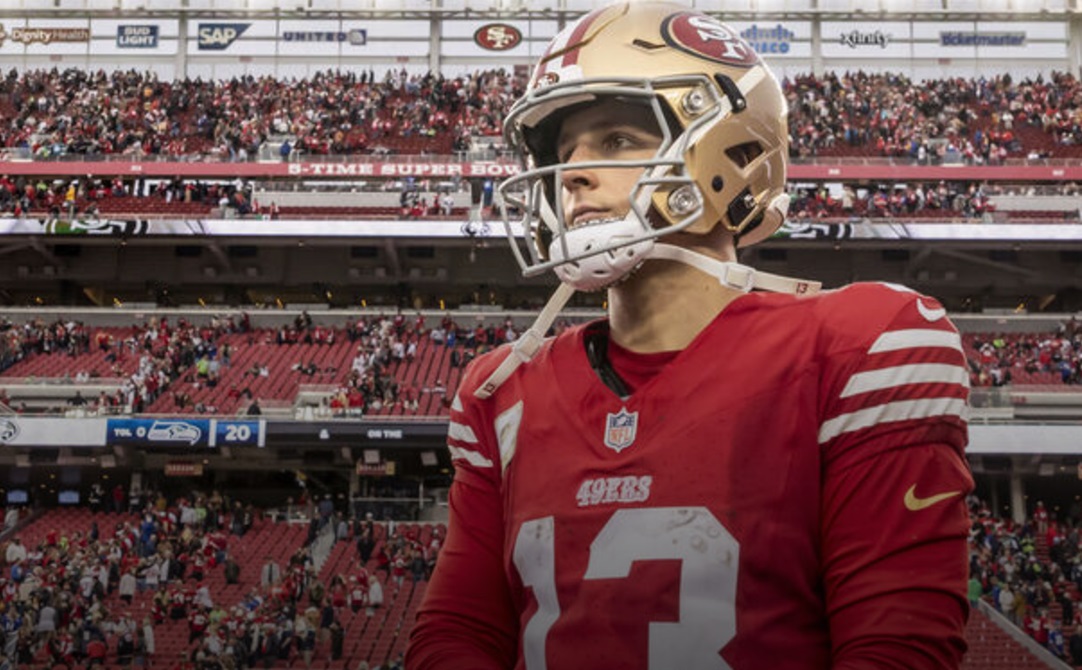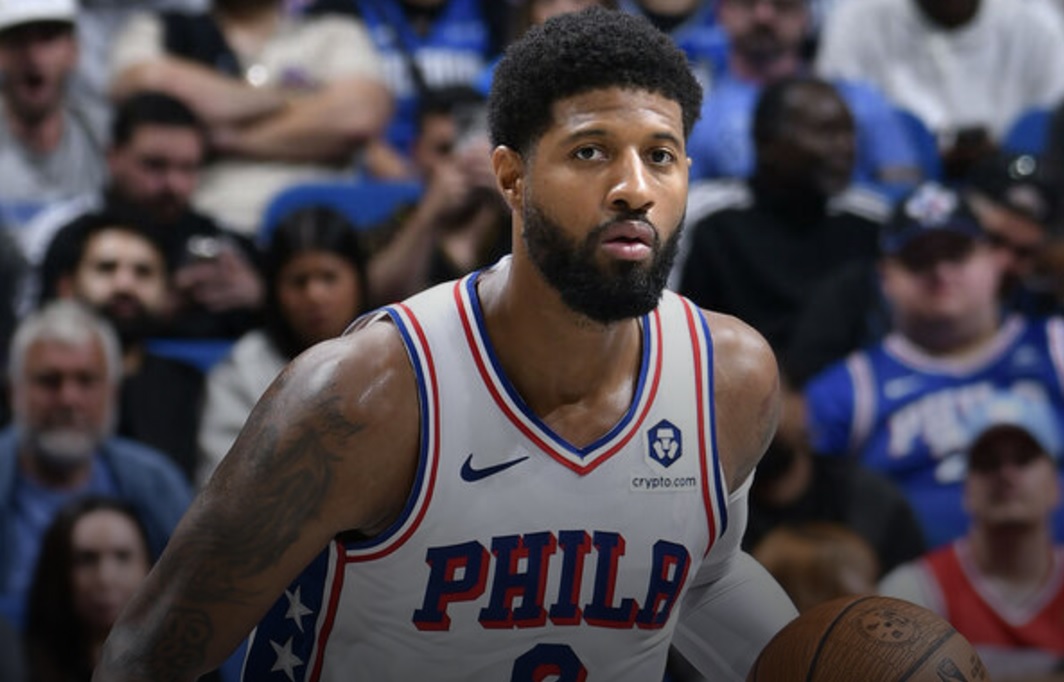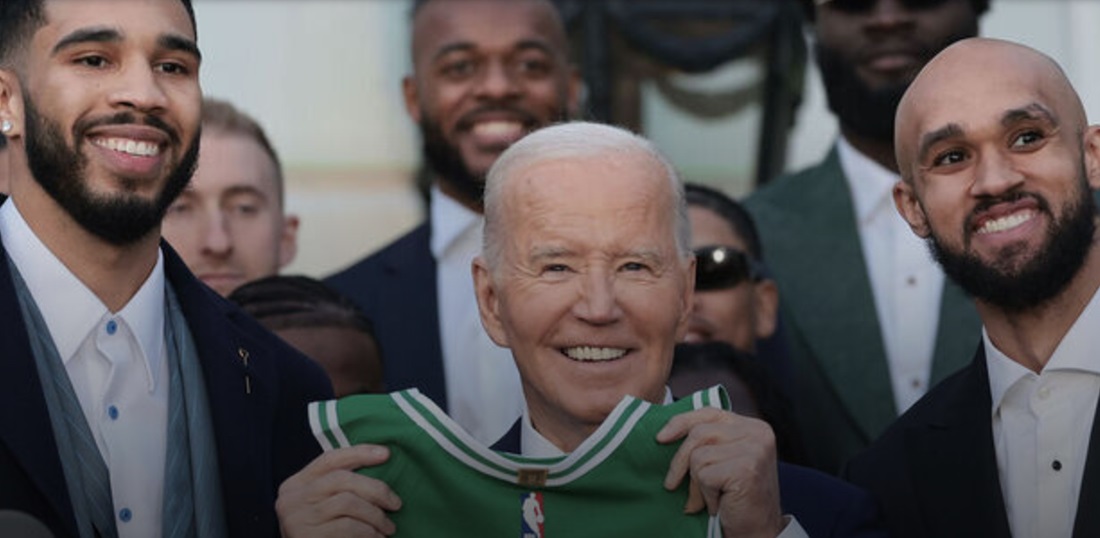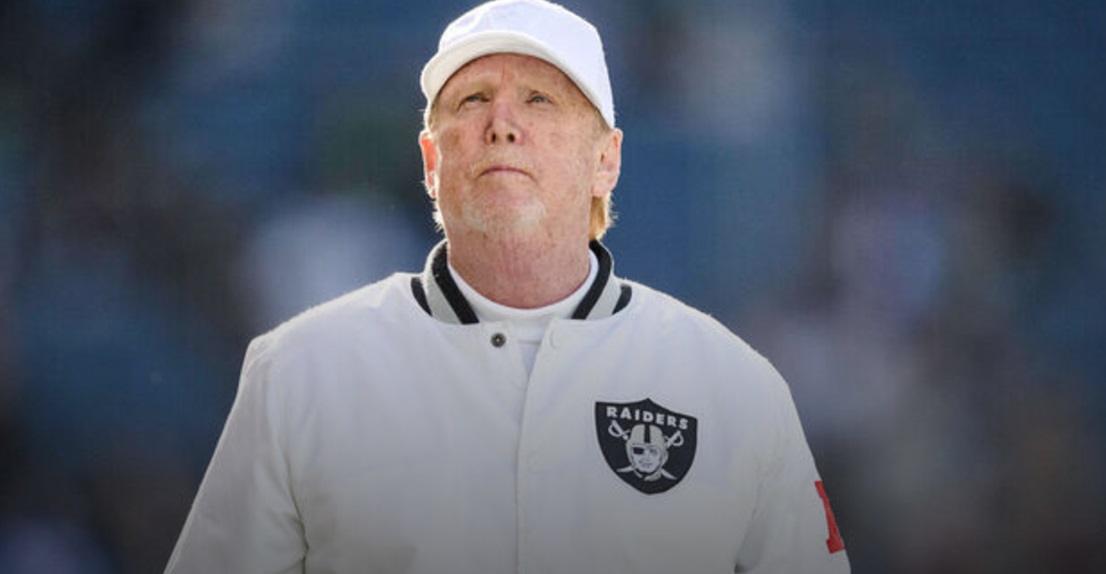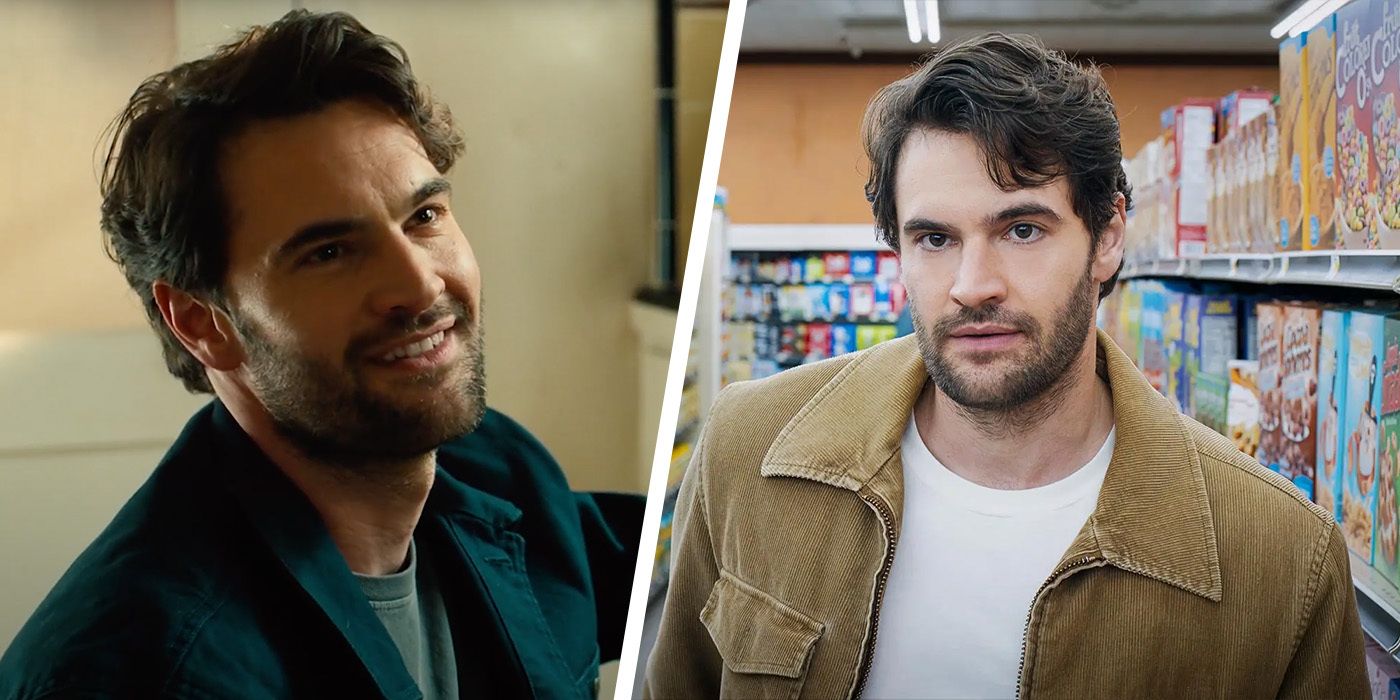So I sought out the masters who had, I would learn later, inspired Spielberg and Lucas, auteurs like Kurosawa and David Lean. One summer during high school, I watched something like 50 or 60 films on television, all on my local PBS station. The only one I really remember was Dick Bogard’s “The Servant”.
In college, I took classes in film studies — “Blacks in Film,” “Vietnam on Film,” and saw amazing stuff that I never would have heard of otherwise. I went to foreign films, where other seeds were planted: I saw Lina Wertmuller’s “Seven Beauties” and was enthralled by the sheer audacity of it. I saw “La Dolce Vita” and was mostly bored by it. Years later, I watched it again (a horrible, cropped VHS copy) and realized that something was there, even if it didn’t completely speak to me. Then I saw it with my wife on our honeymoon in Vancouver, B.C. at a late show where the theater was packed, and it finally opened itself up to me. I got it. I am almost afraid to return to the film, because now I — a semi-retired newspaper journalist — am older than Marcello Mastroianni was when he made it.
<span id=”selection-marker-1″ class=”redactor-selection-marker”></span>
I worked my way through Ebert’s “Great Movies” list, and I bought his books. I sought out films that he called attention to in his annual “overlooked” film festival. On and off through the years, I’ve subscribed to Cineaste, and enjoyed Film Comment and American Cinematographer at the library. When the Internet happened, I cannot say that I religiously read Ebert’s reviews each week (and, truthfully, I stopped watching him on television before Siskel died) but I can say that in the last 15 years or so, before I saw virtually any film, I always made a point of finding out what Ebert had said about it.
When he started blogging and writing about other topics (he did a great piece on the importance of reading) I came to realize that he was about so much more than movies. It was in his essays that we got a better sense of what Ebert was all about. He was smart. He was funny. He had a superior bullshit detector, which accounts for his acerbic comments for the likes of Sarah Palin and Glenn Beck. Because he was never able to extricate himself from the orbit of the Democratic Party, his liberal politics were never in complete alignment with my own, but one never doubted his good sense and decency. He seemed motivated by humane principles and, more often than not, was pissed off about the right things. He was a terrific writer, and I loved the fact that he was mentored by the legendary Mike Royko, of all people, and that he lived with his wife Chaz in a big rambling brownstone in Chicago that was full of books.
You can view the original article HERE.
